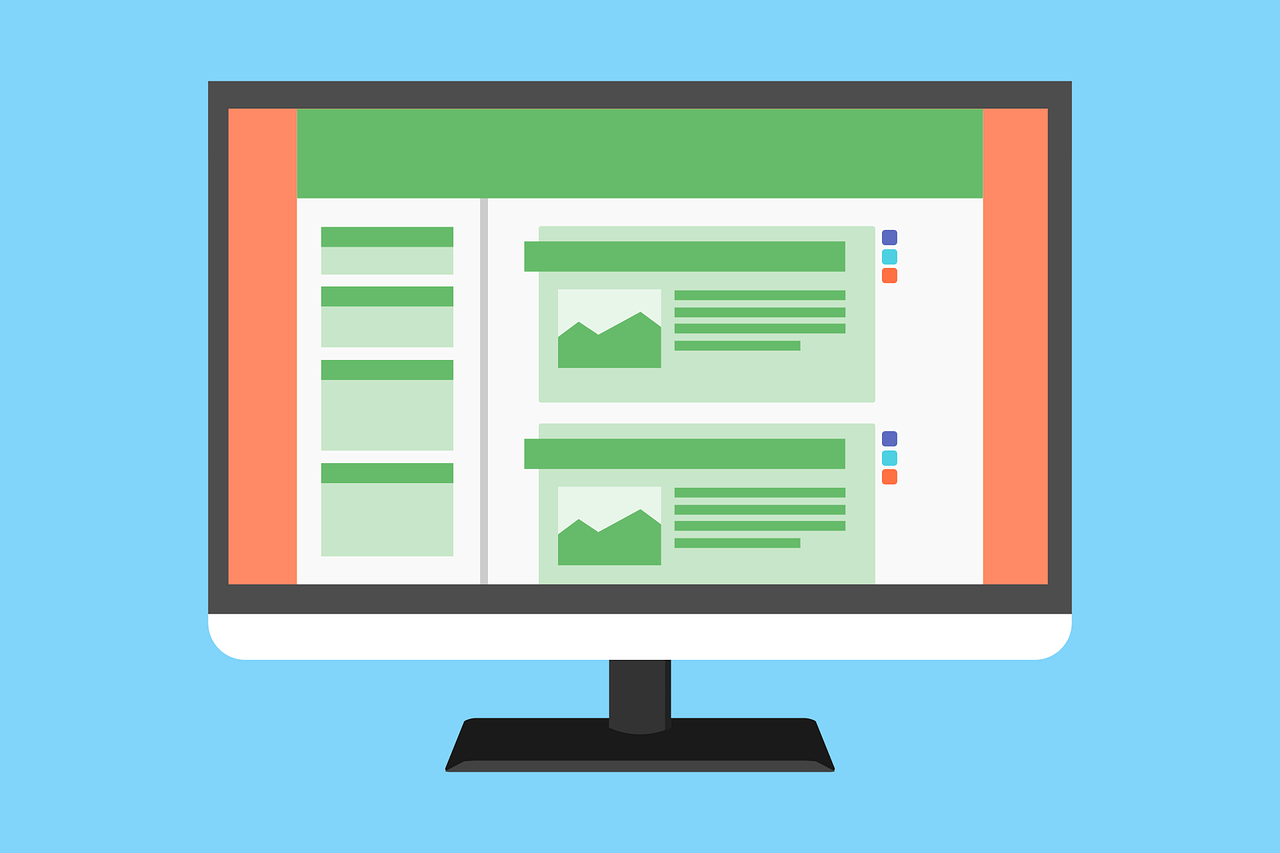Creating a website is a necessity for many businesses and individuals that provide services. Luckily WordPress makes the process quite easy.
In order to create a website with WordPress, one has to purchase a WordPress hosting plan from a reliable provider and then install WordPress. In this article, we will cover this CMS in-depth, so stay tuned!
What is WordPress?
Websites can be created and managed with the help of WordPress. Because it is open-source software, anyone is free to use it and make modifications to it. WordPress is a content management system that is stored in a MySQL database and is written in PHP. It was first released in 2003, and since then, it has developed into one of the most popular content management system platforms in the world, which is used to power millions of websites.
Because it is so user-friendly and easy to learn, WordPress is quickly becoming the content management system of choice for a wide range of businesses and individuals. Users of WordPress can create and manage their own websites without needing any prior experience with coding or other technical aspects.
Reasons to choose WordPress
- Ease of use: WordPress’s interface is designed to be user-friendly, which enables users to easily create, publish, and manage their own content. The platform consists of a number of different tools for organizing content, such as categories and tags, in addition to a system for managing visitor comments and providing responses to them.
- Flexibility: Users can easily customize the appearance and aesthetic of their website with WordPress’s flexible design and customization options. There are numerous free as well as paid WordPress themes. These themes range from straightforward blog layouts to complex online storefront designs.
- Use of multimedia: WordPress users have the ability to publish a wide variety of content with ease, including text, images, audio, and video, thanks to the platform’s support for multimedia files. As a consequence of this, it is an excellent platform for the development of websites that are rich in multimedia.
- SEO: Users of WordPress have access to a variety of search engine optimization (SEO) tools that are pre-installed in the platform and can assist them in enhancing the visibility of their websites in search engines. The use of these tools can helps users in producing content that is rich in keywords and ranks high on search results.
- Large community: There is a large number of users and developers who contribute to the platform in a wide variety of different ways. Users of WordPress benefit from this community’s support and the wealth of resources it offers, as well as the platform’s continued evolution through the addition of new features and capabilities.
WordPress’s disadvantages
- High demand for resources: The possibility exists that using WordPress will require a significant amount of time and resources. Because WordPress is a complicated platform that includes a large number of features and plugins, it can demand a significant amount of processing power in order to function normally, which can slow down the performance of your website. In addition, websites built with WordPress are frequently attacked by hackers and other types of cybercriminals, which puts both your website and the data of your users in jeopardy.
- Complexity: One of the problems with using WordPress is that it can be complicated for people who are just starting out. The platform has a steep learning curve, and it may take some time for users to become accustomed to the interface and become familiar with how to make use of all of the platform’s features. Although WordPress if far simpler way compared to coding, it still has some complexity.
- Limitations: Last but not least, WordPress imposes some constraints on design and customization. Although there is a large selection of themes and plugins available, the platform does not offer as much flexibility in terms of design as some of the other choices. Because of this, it may be challenging to create a WordPress website that is truly distinctive and individualized.
Conclusion
Overall, the features that WordPress possesses make it a powerful and flexible platform that can be used to create and manage a wide variety of websites. WordPress provides you with the tools and capabilities you need to be successful, regardless of whether you want to create a straightforward blog or an intricate online store. Considering the drawbacks, WordPress is still an excellent choice.











